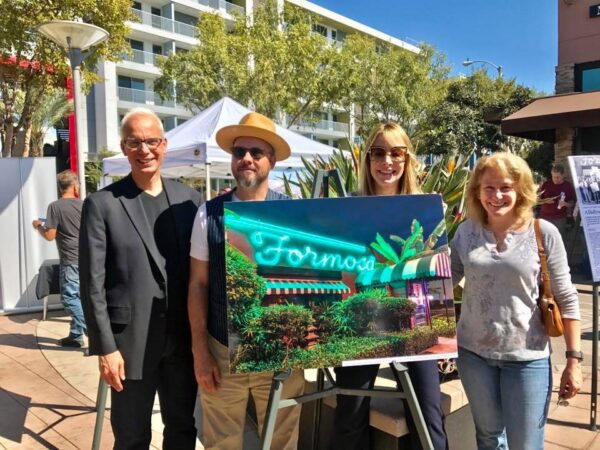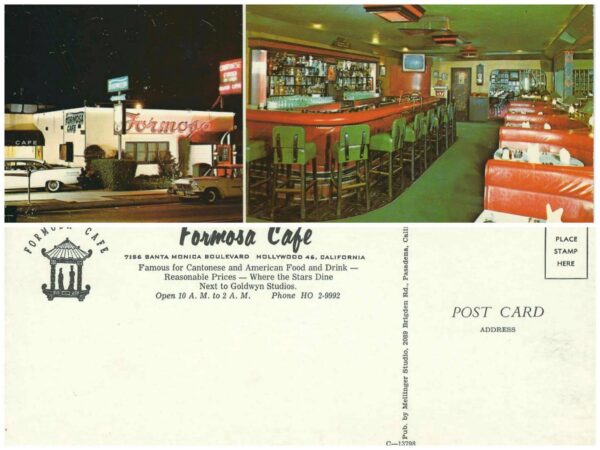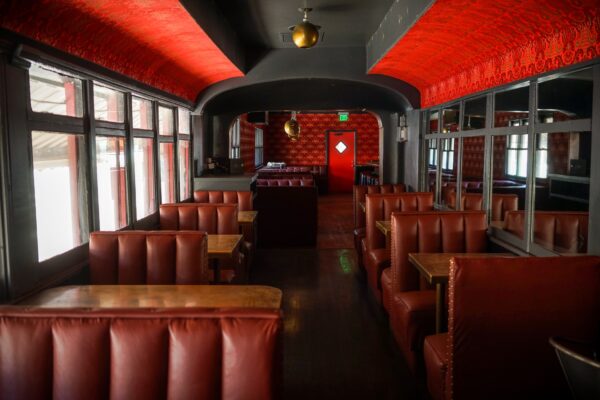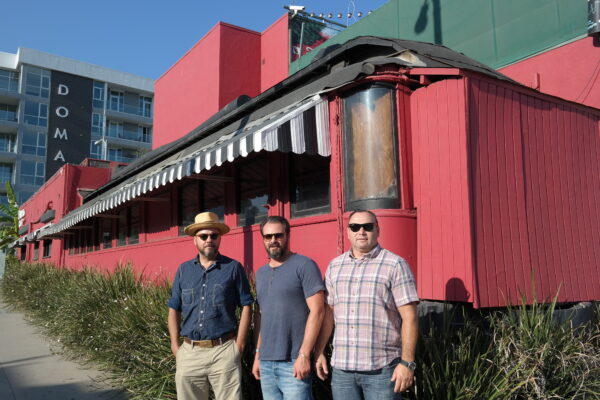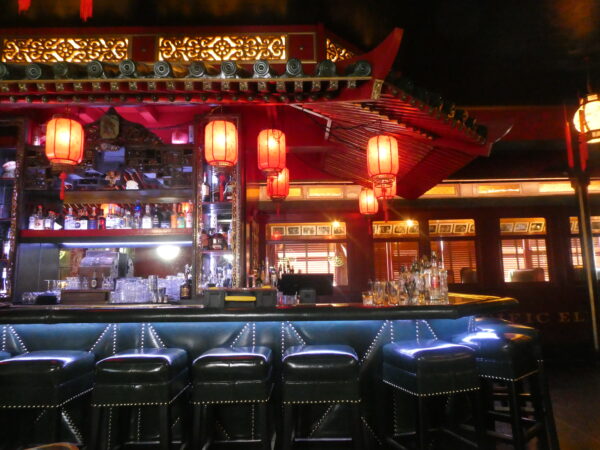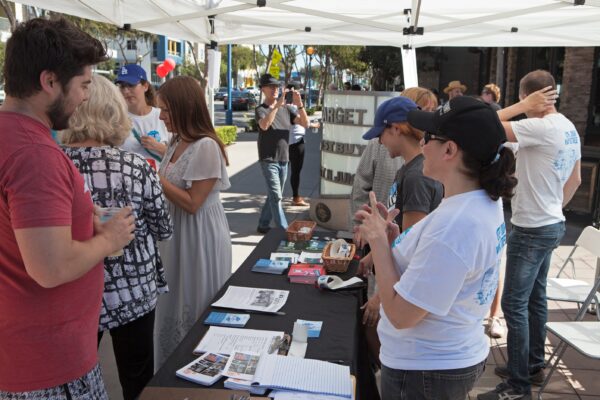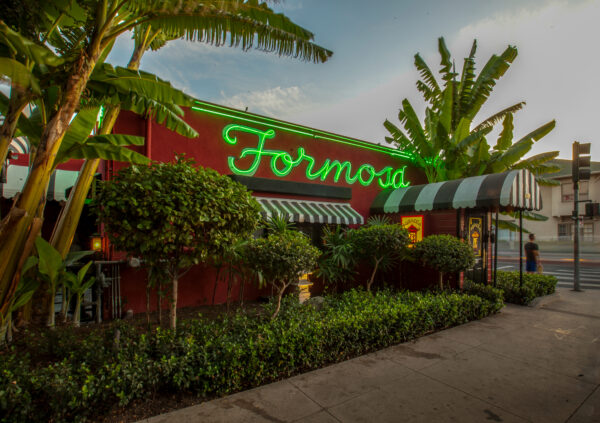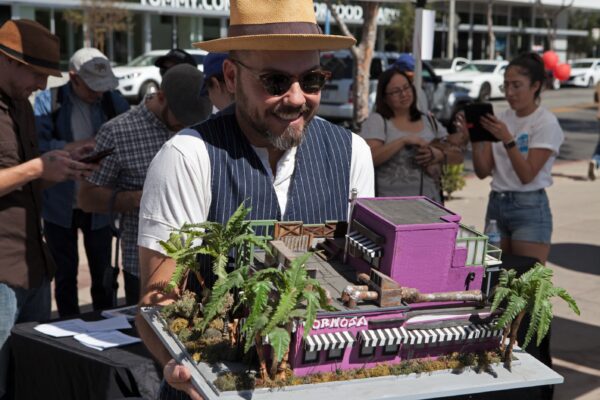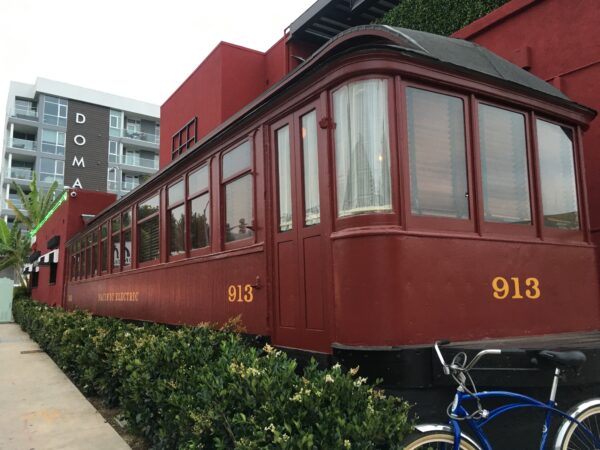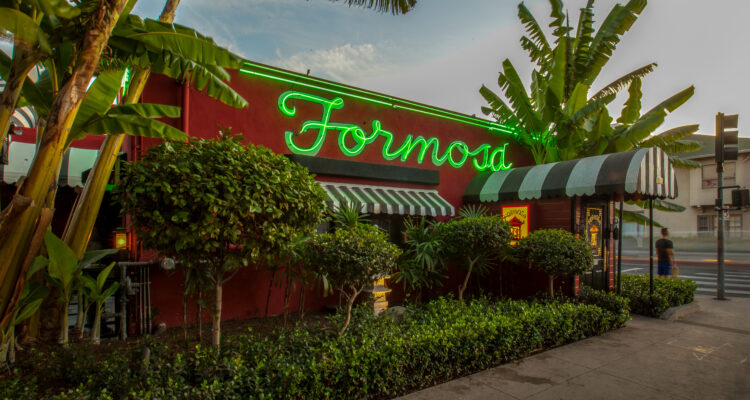
Place
Formosa Café
This ambitious rehabilitation project revives a glamorous Hollywood landmark to its original splendor and honors its cultural heritage and identity as a beloved legacy business.
Saved
In 2019, following a two year rehabilitation by the 1933 Group, the Formosa Café officially reopened for business.
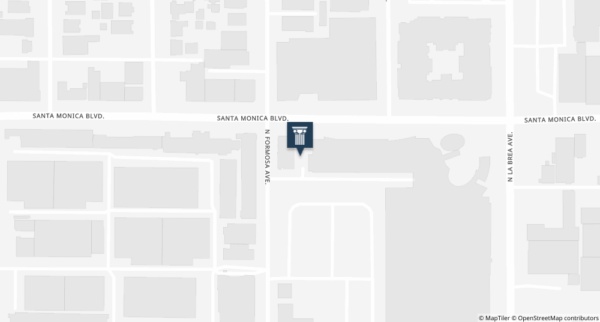
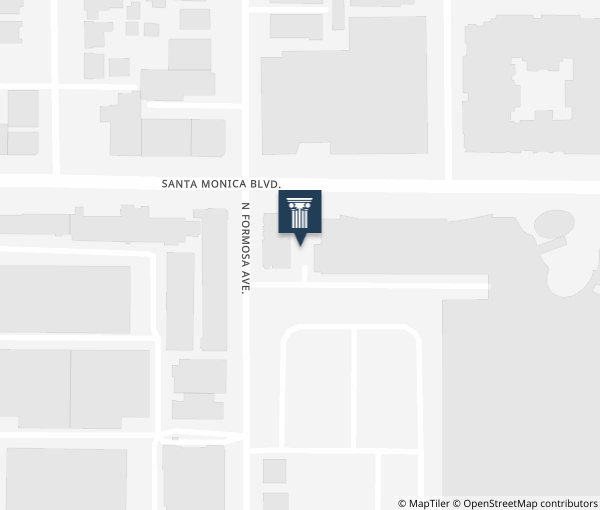
Place Details
Address
Phone Number
Website
Year
Style
Property Type
Attributes
Community
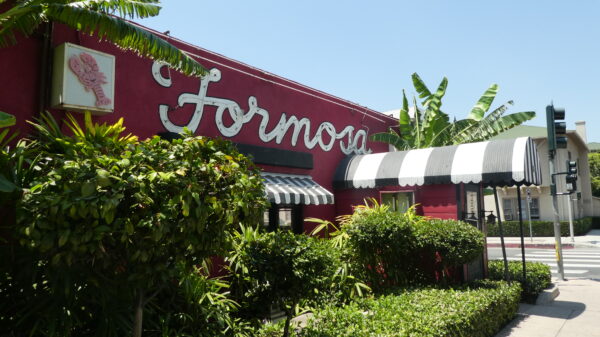
The Formosa Café. Photo by Adrian Scott Fine / L.A. Conservancy
Overview
The Formosa Café, one of Los Angeles’s oldest and most notable legacy businesses closed its doors in 2016 with an uncertain future. Shortly after closing, and knowing the Formosa’s importance in L.A. history, the Conservancy sprung to action looking for a preservation-minded owner.
Thankfully the 1933 Group came forward with plans to rehabilitate the legacy business and building. The 1933 Group is also known for the Idle Hour, Highland Park Bowl, and the Tail o’ the Pup among others. In 2017 they took over the operation and entered into a long-term lease for the historic eatery.
After a two-year rehabilitation project that cost upwards of $2 million by the 1933 Group, the Formosa Café successfully reopened in June 2019. In 2020, the Formosa Cafe earned an L.A. Conservancy Preservation Award.
About This Place
About This Place
In 1925, a former prizefighter from New York City purchased and renovated a retired circa 1902-06 Pacific Electric Red Car trolley (along Formosa Street at the rear of the Formosa Café) for use as a luncheon counter called The Red Post Cafe. Located along Santa Monica Boulevard and Route 66, and across the street from a major movie studio, the site expanded and was renamed Formosa Café in 1945.
Long associated with early Hollywood and organized crime, the walls were lined with 250 photos of stars who dined here. Mobsters Mickey Cohen and Bugsy Siegel were regulars, with Cohen using a backroom on the trolley as a thriving bookmaking operation.
In 1945 Lem Quon, a Hong Kong-born chef became a partner in the business and ran the kitchen. Renamed Formosa Café, the restaurant now featured Cantonese-themed decorations. Quon took over the operation in 1976.
In 1991, the Formosa was threatened with demolition, prompting a campaign to save it. At the time, celebrities helped, with U2 frontman Bono saying, “It’s dark in the daylight, you can’t see very far/past ghosts of Sam Goldwyn in the old train car.” Quon and Friends of the Formosa successfully rallied to save it.
Up until 2016, the Formosa Café was operated by Quon’s grandson, Vince Jung. A popular Hollywood hangout for nearly a century, the Formosa underwent a dramatic makeover in 2015. Its iconic black-and-red lacquered interior and gallery of celebrity headshots were stripped off in favor of a “modern” gray design. A public outcry erupted over the loss of the Formosa’s character, prompting a second makeover to undo the first. By the end of 2016, the Formosa had closed.
2017-2019:
When the 1933 Group took over the Formosa in 2017, many interior spaces had been altered over the years and showed signs of heavy wear. The new owners sought to bring the historic restaurant and bar back to its former glory, but this was no easy task.
Among the interior design restorations, is the full reveal of the iconic and original red trolley car, dating back to 1904 and is confirmed to be the oldest surviving red train car in existence. Boxes of autographed celebrity photos and storage units of original memorabilia have made their way back into the Café.
From its wood paneling and terrazzo floors to its “Pacific Electric” and “913” gold lettering, the trolley was brought back to its original splendor. The project team sourced original parts and fabricated period-correct parts for those they could not attain. They removed the drywall covering the trolley’s exterior, revealing the stunning car inside the restaurant.
The team paid homage to the Formosa’s Chinese and Hollywood roots with Hollywood Chinese at the Formosa, a long-term exhibit curated by Arthur Dong, award-winning author, and Oscar-nominated filmmaker. The display includes photos, lobby cards, and headshots showcasing the contributions of Chinese Americans from Hollywood’s Golden Era. An ornate historic back bar from Chinatown’s now closed Yee Mee Loo bar was installed to help tell this important story.
The extensive rehabilitation also involved installing new systems, re-roofing, new electrical and plumbing, a full kitchen renovation, and new climate controls and HVAC ducting.
In 2019, the Formosa Café officially reopened for business. That same year, the City of West Hollywood designated the Formosa as a local cultural resource/landmark. The rehabilitation project earned a Conservancy Preservation Award in 2020.
Our Position
The Conservancy worked to find a new operator for the Formosa Cafe when it closed in 2016. Once the 1933 Group was onboard to rehabilitate and reopen the business, we helped them secure a $150,000 grant from the American Express Partners in Preservation program, a partnership of the National Trust for Historic Preservation and the American Express Foundation. The funding was used to meticulously restore the restaurant’s vintage Pacific Electric trolley car.
2020/2021 Celebration Video
The L.A. Conservancy celebrated the 2020/2021 Preservation Awards winners at the historic Los Angeles Memorial Coliseum with a video showcasing their stories. The program celebrated their hard work, dedication, and achievement. We’re thrilled to share Formosa Café inspiring story with you.
